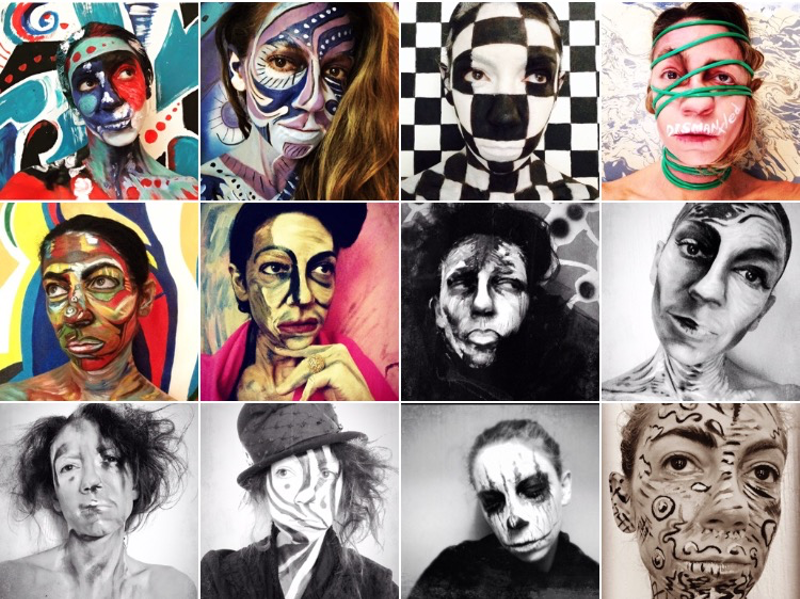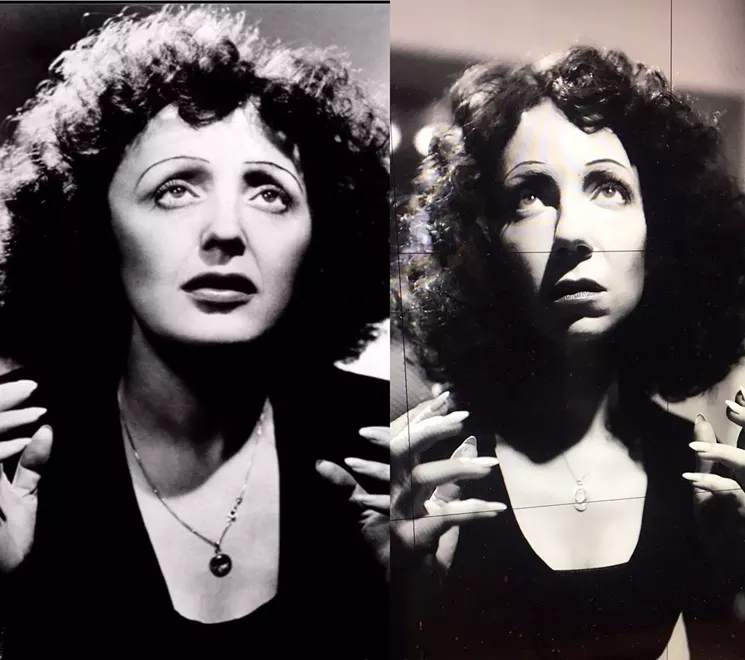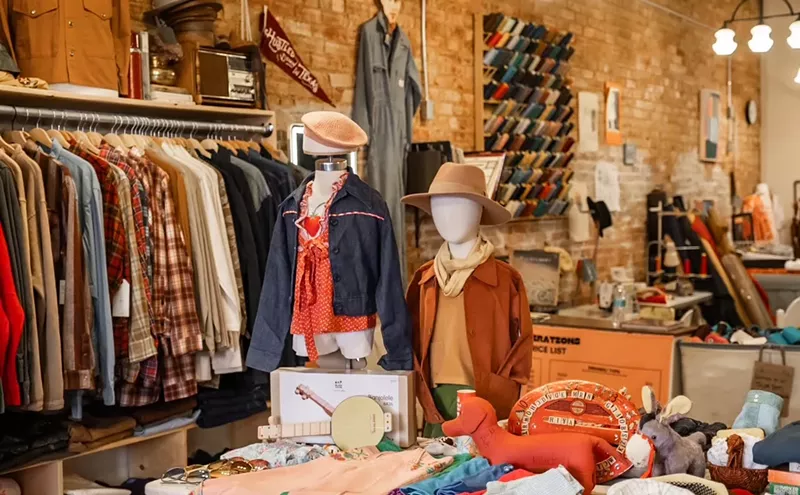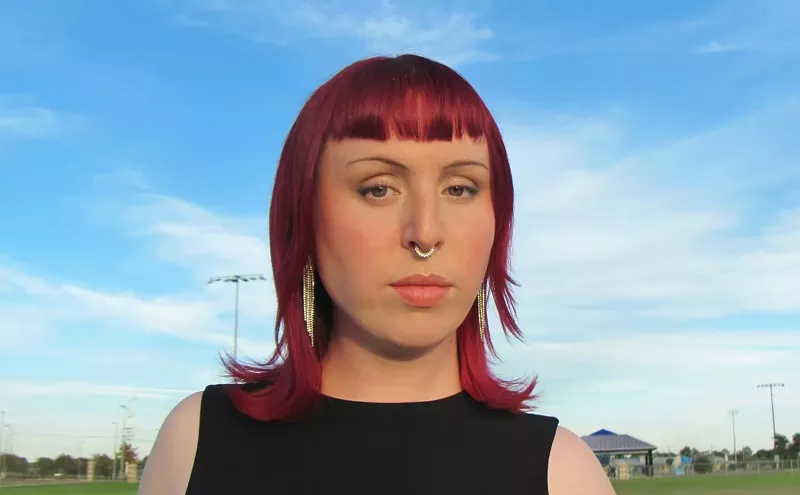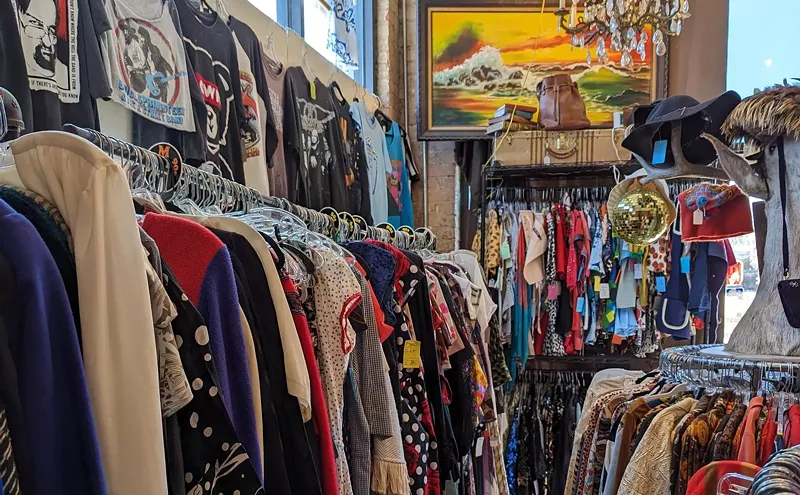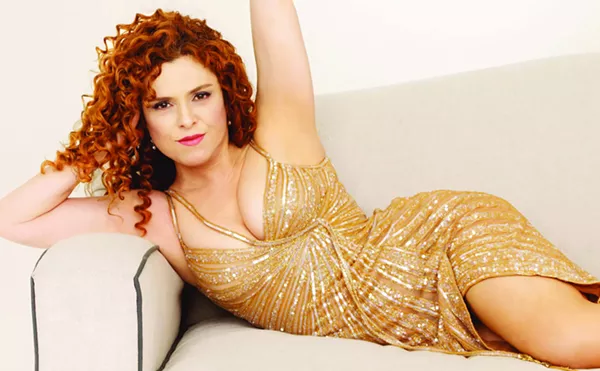Kristin Colaneri is a self-described renaissance woman. An Italian American visual artist with degrees in film and theater, she has spent time in both Dallas and New York and logged countless hours in the worlds of fashion, makeup and theater.
Since 2015, she’s taught fine arts at Brighter Horizons Academy, an Islamic pre-K-through-12 school in Garland, where she is also director of humanities. She’s also a finalist for an OCA (Office of Cultural Affairs) grant. Colaneri spins many fascinating plates, any of which could earn her a book of praise.
But at the moment, Colaneri isn’t interested in advertising her projects or brandishing her accolades.
She would rather direct your attention toward global-mindedness. Rather than focusing on an individual and her successes, we should focus on how that individual engages with the world at large. In so doing, we will engage with the world: For Colaneri, this engagement is a necessary step forward. Thinking globally will allow for the advancement of culture and the preservation of our planet and ourselves.
“People get afraid because they think that you are going to change them, and that’s not what this is about," she says. "This is about helping others, being OK with you, loving your own culture, being prideful of your own culture, celebrating your culture and your identity with other people — but then doing that within a global mindset. We can do both!”
Balancing both of these options isn’t easy, but Colaneri demonstrates it in three areas of her life and work: her own artwork, her teaching and her involvement with focal points of Dallas culture.
Right now, her own artwork is focused on what she calls her Transformation series. The work, in which hair and makeup transform her face into artistic traditions and cultures, allows Colaneri to play with her identity and its relationship with the world as a whole.
“Through transforming my identity, can I learn more about myself? Can I insert myself into art forms or art movement that maybe women were closed off to, can I begin to dialogue with great art?” she says about her work.
Through this project, Colaneri engages herself as an individual with the world as a whole. But her globalization takes on a much broader scope through her work as a teacher at Brighter Horizons Academy.
Teaching at an Islamic school, Colaneri has had to forgo her expertise in the art world. She was primarily trained in the tradition of Western art; at Brighter Horizons, she has to engage her students with the Eastern tradition as well. “Art is all about sharing culture. We don’t ever want to lose that,” she says. That means introducing Islamic students to Western art they might not be familiar or comfortable with, as well as surrendering herself as a teacher to new art forms and unfamiliar traditions.
For her students, she compares the geometric design of Islamic art with the abstraction of European and American art.“We just need to make room. And when I say ‘we,’ I mean white people.” — Kristin Colaneri
tweet this
“[Islamic art] is based on the idea that there’s a beginning of the world, and then it branches out in tessellation — repeated patterns,” she says.
European and American art, on the other hand, is often based around figures, around people. Can these different forms of art be mixed and combined into a new tradition?
This is a scary approach to take: It involves surrendering ourselves to the unknown, and inviting the unknown into our own spot. Colaneri herself had to face these fears. “I went to [my principal] and I said, ‘I’m scared I’m gonna lose my identity,’ and she said, ‘The 20th century was a melting pot, the 21st century is more like a mixed salad.’”
When different traditions combine, they aren’t necessarily lost in a homogenous conglomeration: They both remain present and whole, but they cease being closed off to each other.
Although the problem spans entire cultures and time periods, it can also be found at the local level. Dallas has closed itself off to different parts of its own culture for too long, the artist says.
“We just need to make room,” says Colaneri. “And when I say ‘we,’ I mean white people.”
In the last few years, Colaneri has worked with the Office of Cultural Affairs to learn how Dallas can broaden its own horizons.
“OCA offered for people to come in at the ground level and really understand how we can transform culture in Dallas and make it more representative of the demographic," Colaneri says. "I went to every single meeting, whether it was visual art, dance, theater, public art, music, I went to all of them, and I just sat and educated myself.”
Rather than improving the city by pouring money into high-rises, Dallas should focus on the work and desires of its multifaceted demographic. And Dallas isn’t lacking artists or artistic teams who are dedicated to diversifying and enriching Dallas’ art scene. Colaneri referenced Teatro Dallas and Cara Mía Theatre, both of which recently acquired a 25-year residence as the theater groups at the Latino Cultural Center. She also cites Darryl Ratcliff and Fred Villanueva’s Ash Studios, which supports artists of color, and artist David Jeremiah’s recent exhibition at The Public Trust, Things Done Changed. To Colaneri, these are all examples of Dallas’ expanding interest in more inclusive art.
Dallas is transforming into a more diverse and honest art scene, but that’s only the first step toward the international mindset we need both as a city and as individuals. Colaneri’s global-mindedness is the perfect attitude for the worldwide coronavirus pandemic, and even better suited for the problem that’s even bigger than coronavirus: climate change.
“We need to recharge, we need to reinvent, we need to recourse, because global warming and climate change is a reality," she says.
If ever there were a time to stop focusing on ourselves and our individual successes, it would be now. By focusing on the world as a whole, we can progress further and create a better environment for ourselves as individuals, and for those around us.

